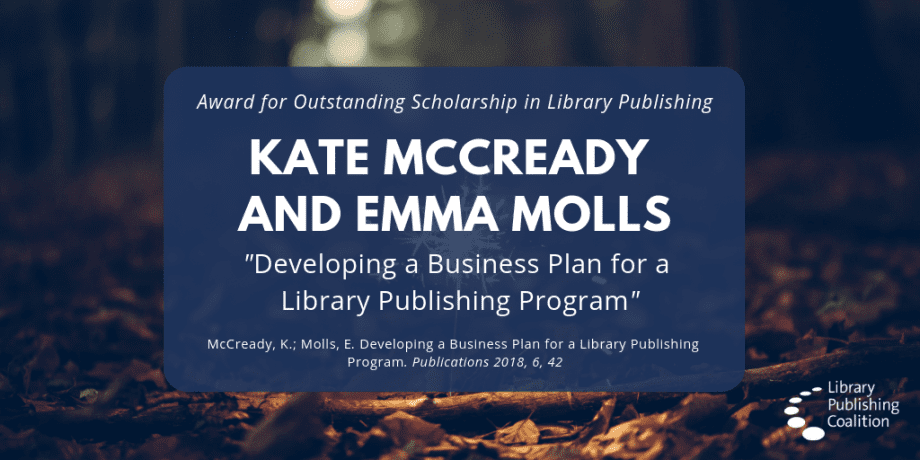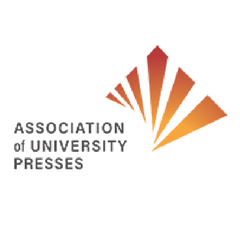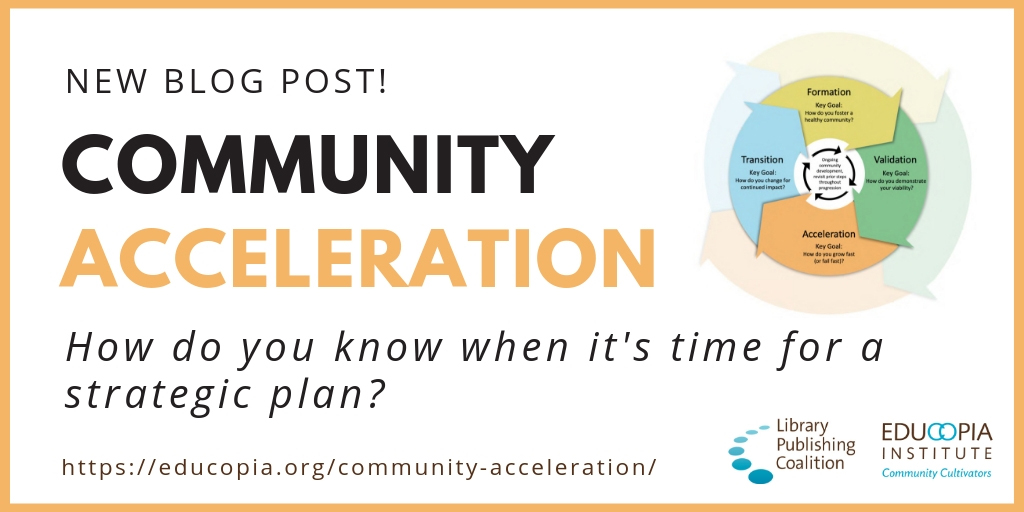February 6, 2019
By Melanie Schlosser
Editor’s note, 6/21/19: A Spanish translation of this post is now available on Blog Ameli: “¿Propiedad de la academia? ¿Dirigido por la academia? ¿Dirigido por la comunidad? Lo que está en juego cuando utilizamos palabras para describir los nuevos paradigmas de publicación.” Our thanks to AmeliCA for the translation!
Editor’s note: This blog post is LPC’s official contribution to Academic Led Publishing Day (ALPD), a global digital event to foster discussions about how members of the scholarly community can develop and support academic-led publishing initiatives. LPC is participating in ALPD because it presents an opportunity to have a multi-stakeholder discussion about an issue of growing importance to libraries, and to call attention to the lack of a shared vision in this critical area. Our goals in this post are to highlight some of the unresolved questions in this space and to call on libraries to grapple with them.
This post was co-authored by Melanie Schlosser (LPC Community Facilitator) and Catherine Mitchell (Director, Publishing & Special Collections, California Digital Library; Past President of the LPC Board).
***
There is no question that we are facing significant challenges and opportunities as the traditional publishing model begins to falter. How the academy positions itself at this moment will have consequences for years to come.
***
“Academy-owned” seems to be the descriptor du jour in scholarly communications circles. We talk increasingly about academy-owned infrastructure, academy-owned publishing, academy-owned publications, etc. We find ourselves at meetings and conferences where we explore the challenges of supporting new forms of scholarly research, new modes of publication, new communities of readers — and there it is again — “academy-owned,” lurking in the conversation. We write grants whose very premise is that the academy will rise to claim its rightful place as the source, the maker, the distributor, the curator of its greatest asset — knowledge. There is definitely a movement afoot.
Why has this phrase taken hold lately? The landscape is increasingly dominated by large, multinational corporations that are vacuuming up tools and platforms throughout the scholarly communication lifecycle. Although many of these corporations are familiar to libraries as content publishers, they are expanding their reach well beyond publishing to control both upstream and downstream activities: pre-print servers, OA publishing platforms, current research information systems, etc. A rebellion is stirring among those who worry that we are increasingly abdicating control of the academy’s intellectual property, its data, its ability to share information — even its values — to for-profit companies. The more we rely on licensed resources to read, distribute, and measure the impact of our research — as well as to determine the success of our researchers and the value of our institutions — the more in thrall the academy is to a set of values that are derived from a profit-driven marketplace founded on restricted access to information and abstract performance metrics.
And yet this noble impulse to claim a space for the academy in the exchange and evaluation of scholarly research is also rife with linguistic confusion. While the drive toward “academy-owned” solutions is pervasive, the language we use to articulate this drive lacks precision. Sometimes we talk about “academy-owned” projects, but just as often we describe them as “academic-led” or “community-led” or any number of other permutations. [1] These phrases are not synonymous — their distinctions are actually quite important — yet we use them interchangeably and nod to each other, as if we know what we mean. What, exactly, do we mean? It’s time to ask ourselves to identify the big issues and difficult questions embedded both in the terms themselves and the vagueness with which we use them.
(more…)





